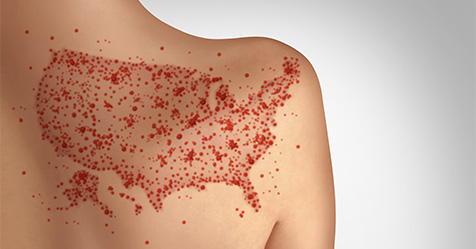Survey Reveals Negative Impact of Night Shifts on Cleaning Pros
Nearly 70% of night-shift cleaners from around the world report not getting enough sleep.
A recent international survey produced by Jarrow Insights for UNI Global Union and UNI Europa, international and European union federations for the skills and services sectors, highlights the challenges faced by cleaning professionals who work irregular and unsocial schedules, including night shifts.
The survey, which received responses from more than 2,500 cleaning professionals in 32 countries across six continents, reveals the detrimental effects on the health, well-being, and social inclusion of nighttime workers.
Survey results indicate that cleaners who work shifts other than daytime experience a range of adverse effects on their lives, including the following:
Sleep deprivation: Nearly 70% of night-shift cleaners and more than half of early morning and evening shift cleaners reported not getting enough sleep.
Safety concerns: Around 45% of female cleaners working the night shift express feeling unsafe at work. Over a third have also experienced harassment at work and during their commute.
Social and family life conflict: Evening and night-shift workers face higher rates of conflict between their work schedules and their social and family lives compared to their counterparts on the day shift.
Seven out of 10 cleaning professionals working outside the day shift said they do so because they have no choice. According to the report, this suggests that many cleaners are forced to work these hours due to limited options or circumstances. One survey participant from Belgian commented, “We are lost, tired, and desperate.”
“We have long advocated for a transition to daytime work in the cleaning sector, recognizing the negative consequences of irregular and unsocial shifts on workers,” said Eddy Stam, UNI Global Union head of property services. “This survey reinforces the urgent need for the industry to address scheduling issues and prioritize the physical and mental health of cleaners.”
For more information, download Working Against the Clock: A global survey on how cleaners’ work schedules impact their health, safety, and well-being.


